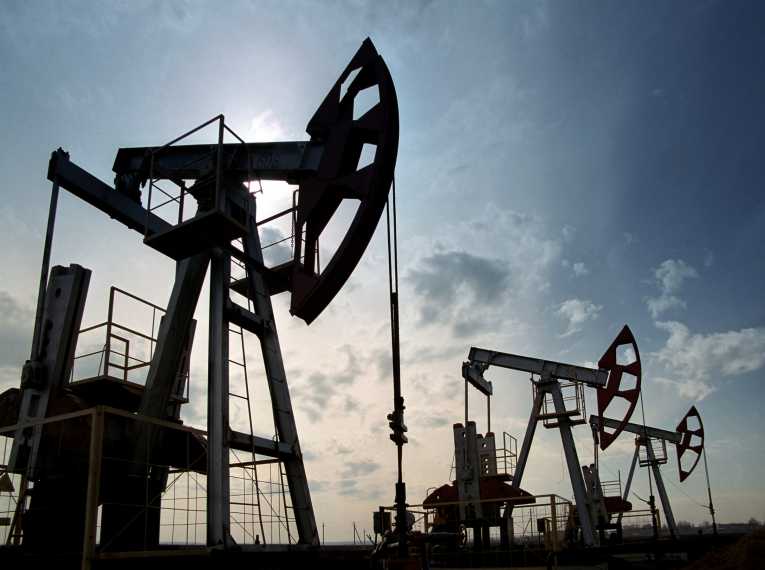The US has been accused of damaging its own economic recovery in the face of unrest in the oil markets because of an over-reliance on imports.
The markets are responding to the on-going political upheaval and uncertainty in Libya. Although a minor exporter of oil, the continued unsettlement in the Middle East has caused prices to rise to a high of over $100 a barrel.
Although a reliance on oil and a need to reduce it is a policy welcomed by environmentalists, the high prices are leading to fears of a double dip recession and the potential of global economic recovery being hampered. At the current prices, the US will spend around $80bn on oil, which could tip the country back into 2008 economic woe.
The former President of Shell Oil, John Hofmeister, has told the BBC in London that it is America's reliance on imported oil that is exacerbating the problem.
''I would submit the US is a major part of the oil price problem'' he told BBC radio 4's Today programme. The country, he argues, could produce more oil for its population, yet only exports risk. ''The US consumes 20bn barrels a day and only produces seven''. Their reliance on these imports puts a penalty on crude oil prices around the world as more is needed to be produced.
Hofmeister has won anger from environmentalists and energy campaigners in the States for encouraging the country to pursue more offshore drilling, reduced after the Gulf of Mexico crisis.
Last month he told the House Energy and Power Subcommittee it was, ''absolutely critical to reduce dependence on the Middle East''.










